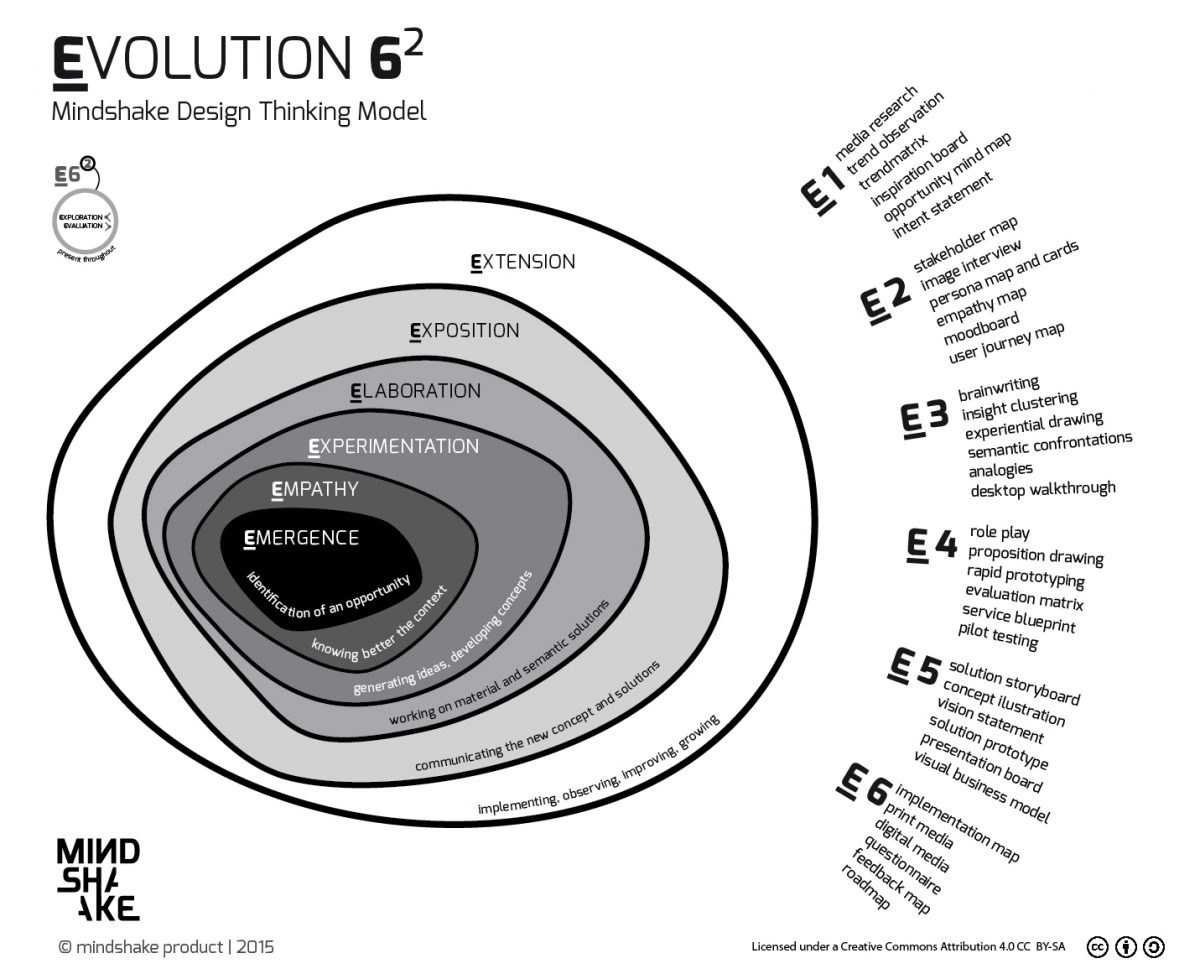This year Mindshake published its first book, and participated in 3 scientific articles:
BOOK
– Tschimmel, K. (Coord.) (2019). The Creativity Virus – A Book about and for Creative Thinking. Porto: Edição Mindshake. ISBN 978-989-20-9409-0.
PAPERS
– Tschimmel K., Santos J. (2019). How Designers Can Contribute to Education. In: Bagnara S., Tartaglia R., Albolino S., Alexander T., Fujita Y. (eds). Proceedings of the 20th Congress of the International Ergonomics Association (IEA 2018). IEA 2018. Advances in Intelligent Systems and Computing, vol 824. Springer, Cham, pp. 2098-2107. DOI: 10.1007/978-3-319-96071-5_219.
– Mendes, F., Duarte, C., Tschimmel, K. (2019). Coworking as The Great Good Place for Design Learning. An Explore Framework. Convergências – Revista de Investigação e Ensino das Artes , VOL XII (24) Retrieved from journal URL: http://convergencias.ipcb.pt.
– Clemente, V., Tschimmel, K., Pombo, F. (2019). Mapping the territories around Design Research, Education and Practice. A four-layer analysis: Processes, Philosophy, People and Products. In: Proceedings of the International Research & Education in Design Conference 2019, REDES2019, 14 & 15 November 2019, Lisbon School of Architecture of the University of Lisbon, Lisbon.


